Chancellors lead calls for tertiary body shake-up
Chancellors have expressed frustration with their lack of success in influencing the Morrison government.
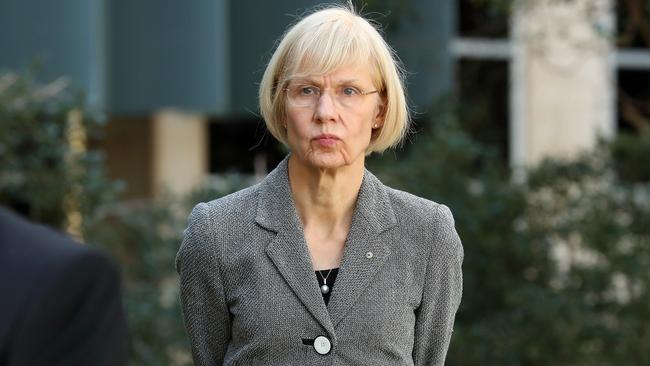
The higher education sector’s peak lobby group has commissioned a review of its performance at the urging of the nation’s university chancellors, who have expressed dissatisfaction with its lack of success in influencing the Morrison government.
Education consultancy PhillipsKPA will assess Universities Australia’s core functions — and its relationships with key cabinet ministers and top public servants — handing its findings to vice-chancellors next year.
The review comes after the sector failed in its attempts to gain access to pandemic financial support payments such as JobKeeper, secure backing for foreign students to return to Australia, stop a new funding regime that will cut overall commonwealth contributions, and avoid having their deals with foreign powers being subject to vetos from Canberra.
Higher education and government sources said university chancellors — the effective chairmen of tertiary institution governing bodies — were concerned they did not have enough of a say on the lobby group’s strategy.
There are also concerns about the body’s relationship with the Coalition, especially in the wake of the election last year.
PhillipsKPA, in a document seen by The Australian, notes it will consider the effectiveness of UA’s operations and access to cabinet.
Other objectives detailed in the document include:
● Taking into account international comparisons and good practice for comparable professional peak industry bodies, consider whether any changes should be made to UA’s core functions and strategic positioning.
● Consider ways to enhance UA’s capacity to advocate effectively, in the sector’s interests, across the breadth of UA’s membership.
● Review the broad governance arrangements that are currently in place, including the role and efficacy of the board and its relationship with the plenary.
● Review the effectiveness of UA’s key stakeholder relationships, for instance with the University Chancellors Council, key ministers and senior public servants.
Senior university leaders have said there are concerns UA over-estimated Labor’s chances of winning the election last year and made several strategic decisions based on that assumption.
Government sources said there were tensions with UA but the relationship with the peak body rebounded since University of Queensland vice-chancellor Deborah Terry became its chairwoman last year.
Professor Terry told The Australian the review was aimed at ensuring good governance.
“Health checks of this nature are a standard element of good governance for any organisation,” she said.
“The review was instigated by the UA board for the information of the UA board and plenary, and is being discussed with the broader membership and a range of stakeholders.
“The review is under way now and will be completed in the new year.”
The Australian understands chancellors want to play a bigger role at UA — including having a seat on the board — as they feel they could make a greater contribution to the university sector through their advocacy and influence.
Although university chancellor positions are held by influential and highly experienced people, they play a relatively minor role in public advocacy for the higher education sector.
Notable university chancellors include former foreign minister Julie Bishop at the Australian National University, ex-High Court chief justice Robert French at the University of Western Australia, ex-ANZ chairman David Gonski at the University of NSW, former head of the Department of Foreign Affairs and Trade Peter Varghese at the University of Queensland, and Commonwealth Bank chairwoman Catherine Livingstone at the University of Technology Sydney.
After UA was established in its current form in 2007, chancellors sought a greater role, but their body, the University Chancellors Council, was relegated to a secondary position.
The Australian understands that Education Minister Dan Tehan is keen to co-operate more with chancellors on a range of different higher education matters and has sought to put them in a leading role in securing academic freedom on campuses.
While the government has provided the university sector with some pandemic emergency funding and unveiled a $1bn research package in the October budget, Scott Morrison has been firm with university leaders and denied them many of their policy wishes.
UA’s concerns about the Prime Minister’s Job-Ready Graduates package — which cuts commonwealth contributions to a range of courses not considered post-pandemic job-creating subjects — and his foreign relations deal failed to win over key senators.
University attempts to secure wider access to JobKeeper wage subsidies — as thousands of university staff have been laid off due to COVID-19 restrictions and the loss of income from foreign students — were rejected by Josh Frydenberg.
And Mr Morrison has said he will not allow foreign students past the anti-COVID global border closures until Australians stranded overseas are home in sufficient numbers, despite UA warning the government it will cost the tertiary education sector up to $4.8bn across the next year.

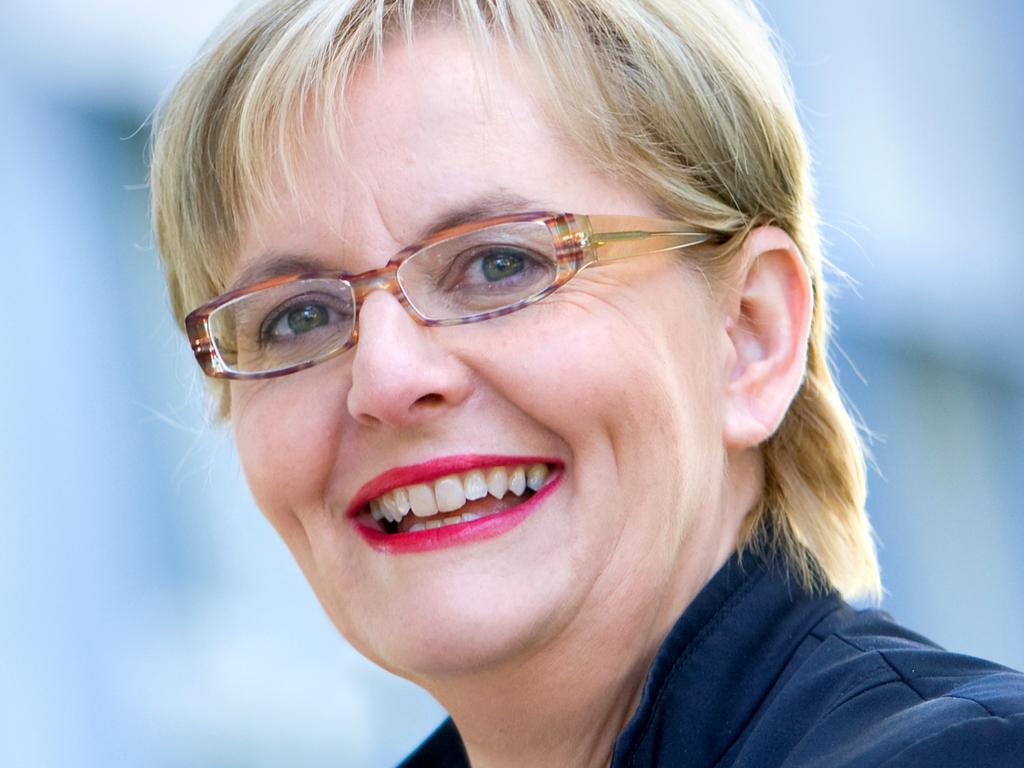
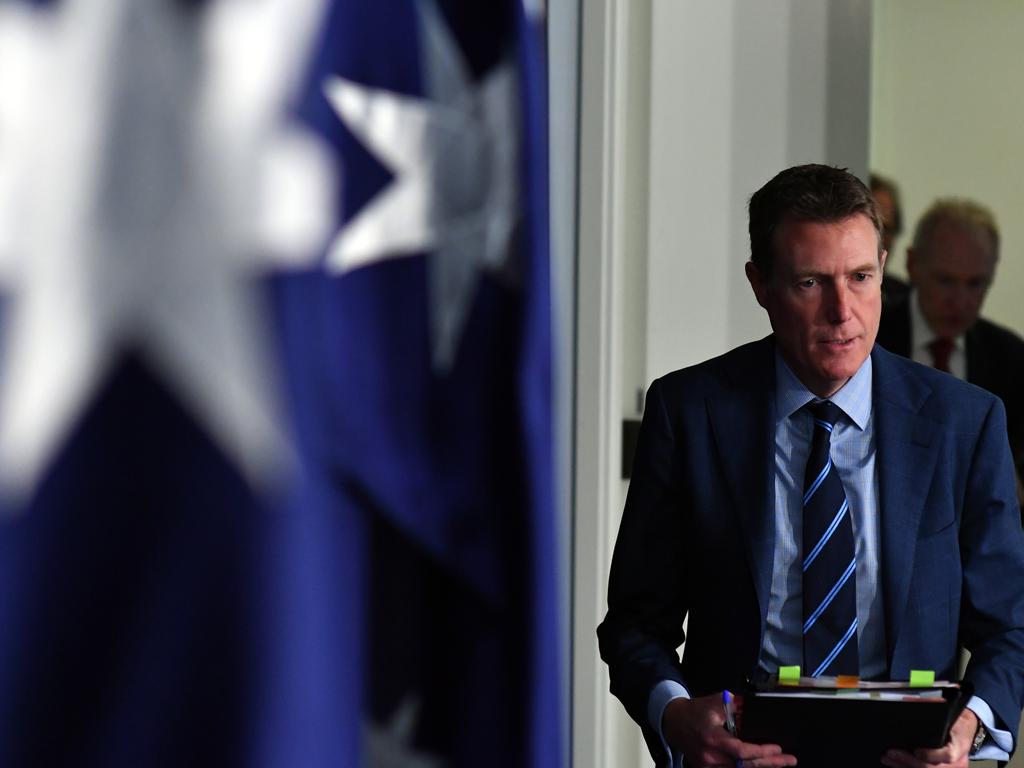
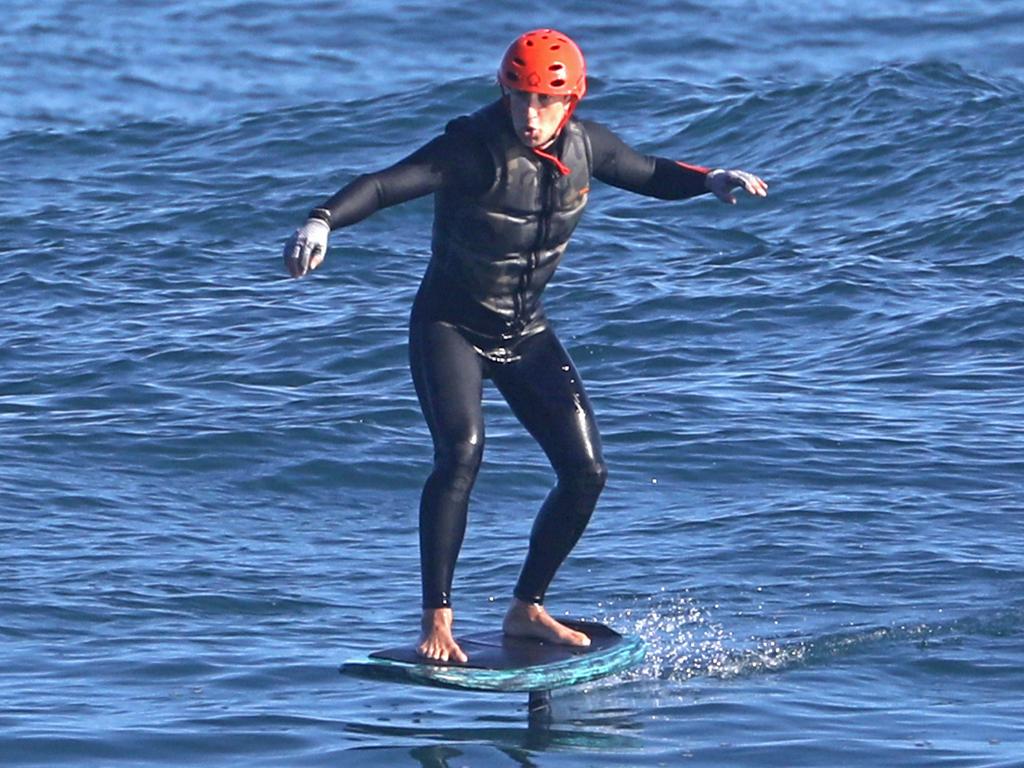
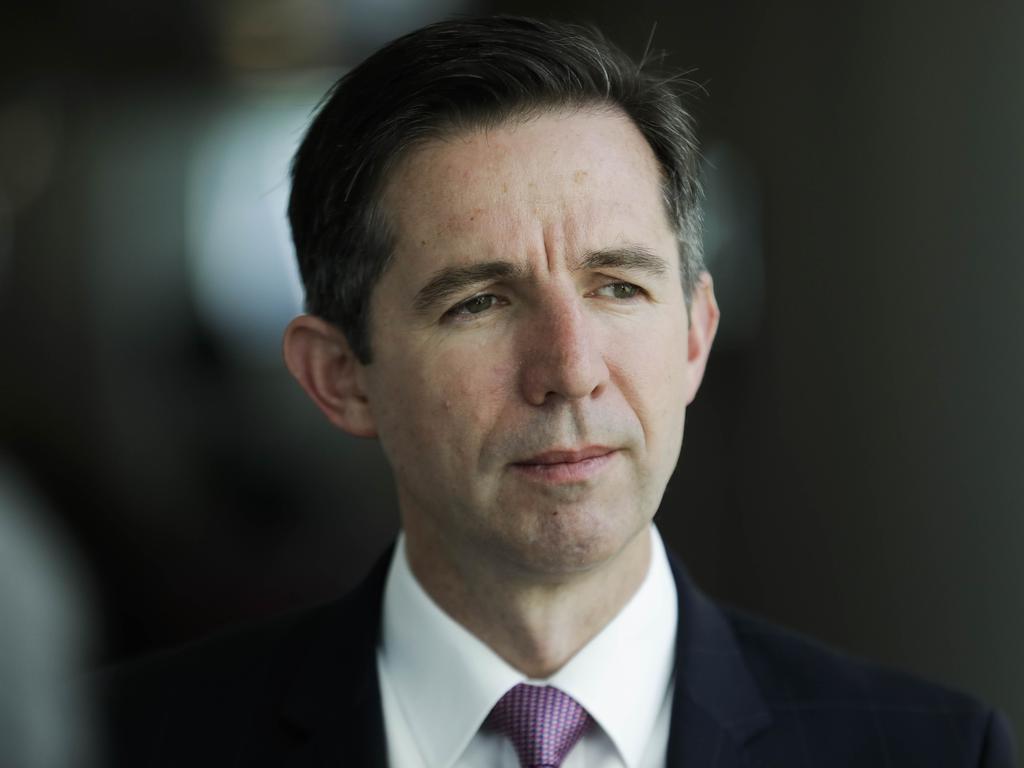


To join the conversation, please log in. Don't have an account? Register
Join the conversation, you are commenting as Logout